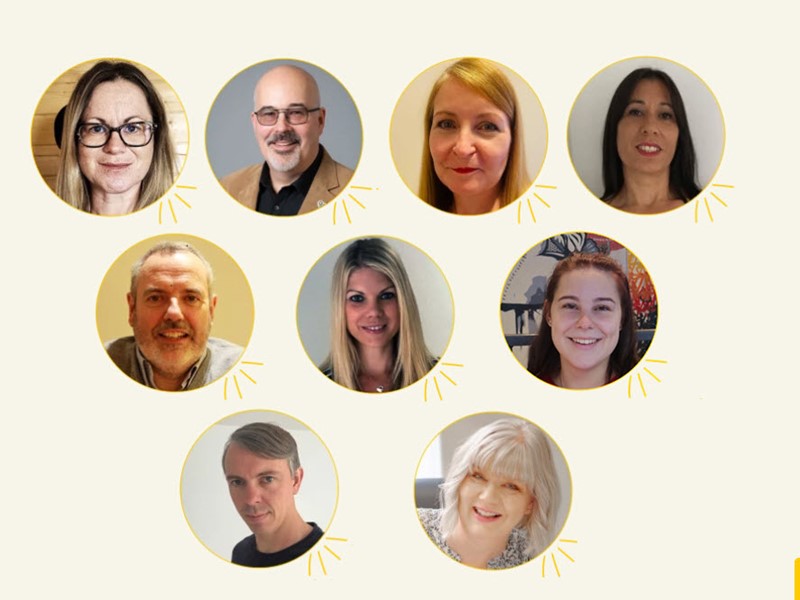Why giving is good for the soul
Anne Frank said “No one has ever become poor by giving”
Giving benefits a person, emotionally, spiritually and physically.
It has been scientifically proven that giving is good for your health, Not just your mental health but also your physical health. When we give, whether it’s money, our time, support, or some advice we feel good knowing we have done good. Our contribution has helped someone in some way and made a difference. We all strive to make the world a better place.
The mental health benefits are more obvious, giving to others increases our happiness levels and enhances our self-esteem. Our physical health can also be enhanced from giving by reducing blood pressure and enhancing sleep. Giving has also been linked to lower rates of heart disease and it may even help you live longer.
Source: TrustBridge Global
Over the past two decades, multiple scientific studies show that the simple act of giving boosts both your physical and mental well-being. TrustBridge Global share these insights to show the physical and mental benefits of giving.
Three Physical and Mental Benefits of Giving
1. Generosity makes people happier and reduces stress
At the most basic level, giving makes us feel better. Acts of generosity raise levels of happiness and emotional well-being, giving charitable people a pleasant feeling known, in behavioral economics, as a “warm glow.”
When researchers measured the brain activity of people who donated, they found that donating to a cause showed diminished brain activity in the amygdala, the part of the brain that processes emotions. Anxiety, phobias, and post-traumatic stress disorder are associated with increased activation of the amygdala.
Many of the physical benefits of altruism are likely related to reducing stress, which is a catalyst for many health issues. These include increased heart rate and high blood pressure, a leading cause of heart attacks and strokes.
2. Generosity counters depression
Globally, more than 260 million suffer from depression. Scientific evidence shows that humans secrete “feel good” chemicals in their brains when engaging in philanthropy, such as serotonin (a mood-mediating chemical), dopamine (a feel-good chemical), and oxytocin, which is associated with tranquillity, serenity, or inner peace. Depression has been linked to several physical conditions, including heart disease.
3. Generosity can help you live longer
The benefits derived from contributing do more than simply make people feel good. While scientists don’t know why generosity can decrease mortality, researchers have linked having a sense of purpose to lower mortality among older adults. One study found that helping others reduced the risk of early death, most likely by buffering the effects of stress.
Source: University of Buffalo
Study finds it actually is better (and healthier) to give than to receive (source University of Buffalo)
Those who help others derive significant health benefits not available to recipients.
A five-year study by researchers at three universities has established that providing tangible assistance to others protects our health and lengthens our lives.
This, after more than two decades of research failed to establish that the same benefits accrue to the recipients of such help.
Principal investigator Michael J. Poulin, PhD, assistant professor of psychology at the University at Buffalo, says, “This study offers a significant contribution to the research literature on the relationship between social environment and health, and specifically to our understanding of how giving assistance to others may offer health benefits to the giver by buffering the negative effects of stress.”
Although it is established that social isolation and stress are significant predictors of mortality and morbidity, 20 years of studies and meta-analytical review have failed to establish that receiving social support from others buffers recipients against mortality after exposure to psychosocial stress.
“As the title of our study indicates,” Poulin says, “we tested the hypothesis that providing help to others would predict a reduced association between stress and mortality for the helpers. Specifically, over the five years of the study, we found that when dealing with stressful situations, those who had helped others during the previous year were less likely to die than those who had not helped others,” he says.
Reasons why giving is good for us
It’s good for our health
We have seen the scientific evidence to know giving is good for both our physical and mental health.
It makes us feel happy
Giving to others makes us feel happy.
Creates social connections
When you give, you are more likely to get back and these exchanges help us to create social connections with others which also helps with our health.
Forges relationships
When we give to others, we don’t only make them feel closer to us, we also feel closer to them.
Evokes gratitude
Whether you’re giving or receiving the act of giving creates feelings of gratitude which is integral to happiness, health, and social connections. Expressing gratitude strengthens our sense of connection to a person.
Pass it on
When we give we don’t only help the recipient of our gift, we create a ripple effect of generosity with the “Pass it on” action. Giving is contagious so when someone gives to us, it makes us want to give to others and pass it on.
The act of giving releases oxytocin, a hormone that induces feelings of warmth, euphoria, and social connections. According to scientists the feelings induced by a dose of oxytocin often makes people give more generously and feel more empathy towards others. This feeling lasts for up to two hours and can lead to a cascade of generosity and positive feelings and in turn a giving circle which goes way beyond the person we gave to as our generous behaviour triggers others to give.
Source: Everyday Health
They say money can’t buy happiness. But if you spend it wisely, maybe it can.
Evidence suggests that prosocial spending — loosely defined as spending money on other people, rather than on yourself (charitable giving is an example of it) — can boost your emotional well-being and provide other health benefits.
Research shows, for example, that spending money on charities was linked with increased levels of happiness, while money spent on personal expenses or new stuff had no effect on a person’s happiness levels.
There’s a significant amount of data that shows that giving benefits our emotional well-being, says Elizabeth Dunn, PhD, first author of the Science study and a professor in the department of psychology at the University of British Columbia in Canada. Other research from Dunn’s group concludes that prosocial spending is linked to boosted happiness, mood, and life satisfaction in diverse samples of people, she says (a review article published in 2020 in the journal Advances in Experimental Social Psychology outlines the evidence).
“One of the best parts of being human is that we have evolved to find joy in helping others,” Dunn says.
At TheGivingMachine we ask the question, “If giving is free, why wouldn’t you?” and we allow supporters signed up to our Shop&Give platform to give for free to the causes they care about. The way we do this is to turn sales referral commissions into free donations so when a supporter shops online via us, they generate a free donation for their chosen cause at no extra cost to them. This helps with their feeling of wellbeing.
Since we launched TheGivingMachine we’ve been able to use our technology to create a huge impact for so many good causes.
For us, the real impact is the difference we are making together to our communities. We believe thriving communities are built on communities giving together. We want everyone to be able to experience the positive impact giving has, not only on the communities and organisations that are important to them, but also the positive personal impact on themselves.
Be part of our giving community and join our #GivingNation
"How wonderful it is that nobody need wait a single moment before starting to improve the world." Anne Frank




About the author
Luisa Gatward
Our Head of Operations, Luisa is responsible for the smooth running of all operations including marketing and partner relationships. Having started working for TheGivingMachine in 2010, she has seen our Charity grow and develop into what we have today.